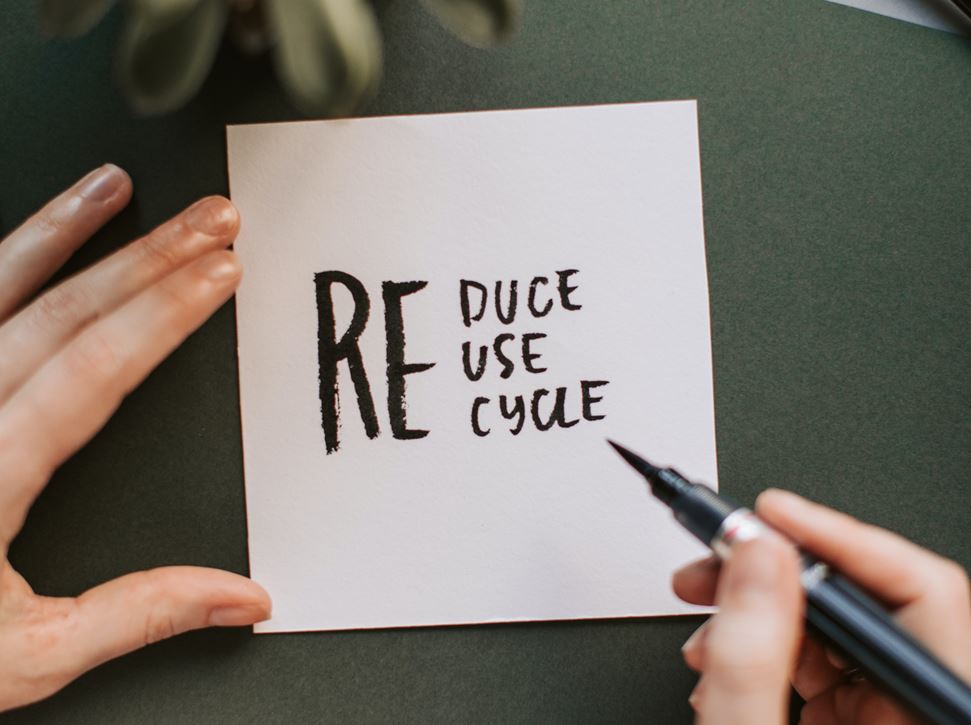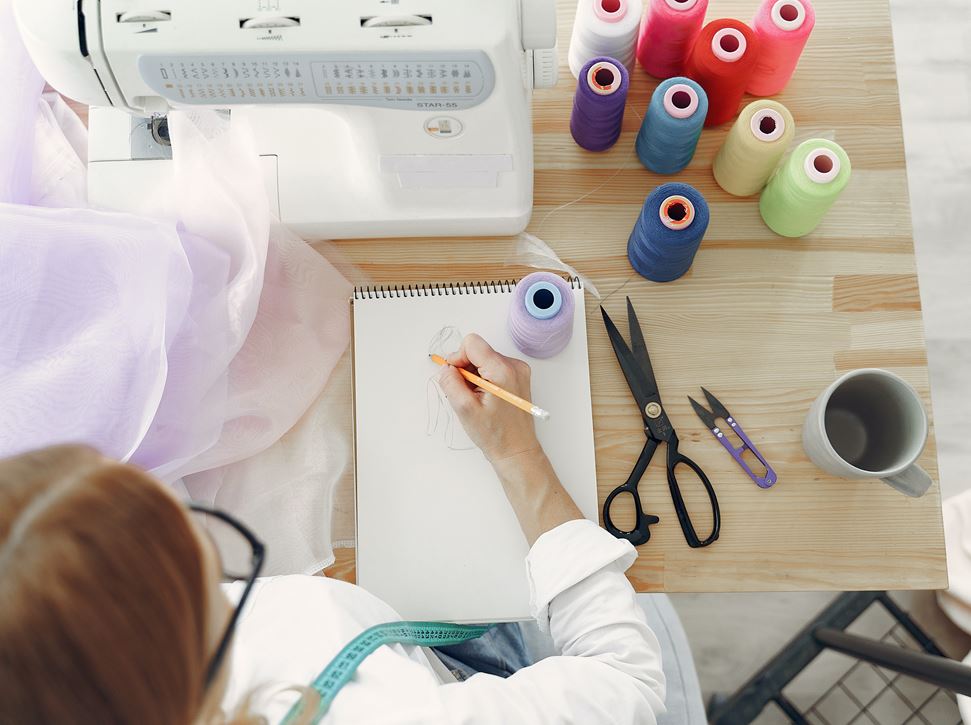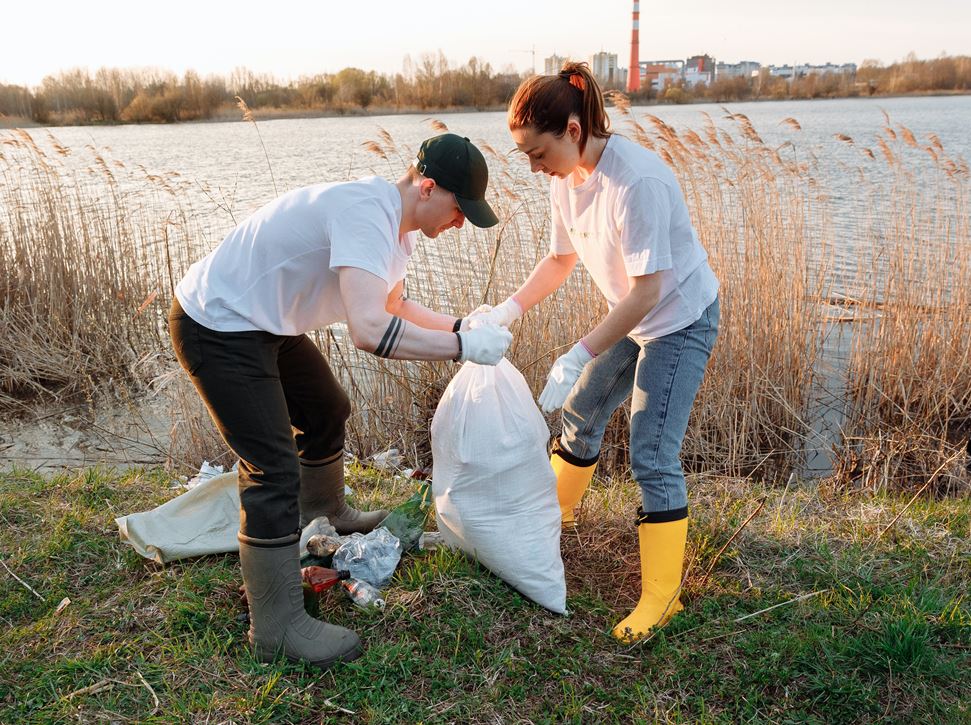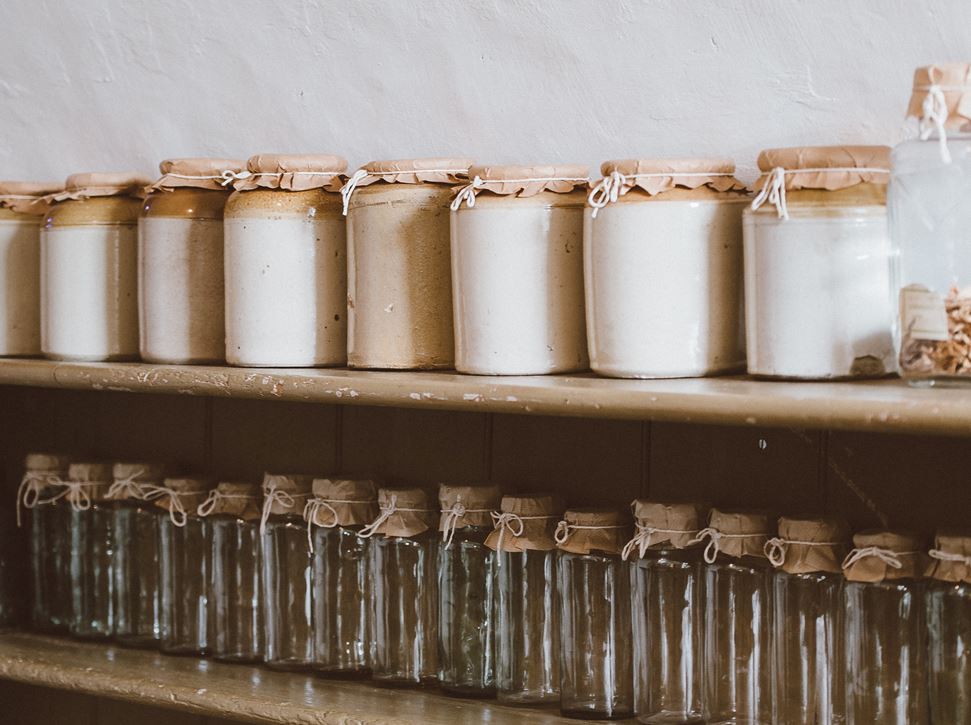You need to confirm you are over the age of 25 and living in Scotland
The circular economy
The circular economy is something that we all need to work towards, so that we don't waste our natural resources.

What is the circular economy?
The circular economy is one where we value things like materials and energy, and re-use them so we do not waste them.
This means changing from a 'take, make, dispose' linear economy, to one where we 'reduce, reuse, recycle'.
'Take, make, dispose' means we collect raw materials, make things, and eventually throw them away.
When we 'reduce, reuse, recycle' we can make better use of materials for longer. This helps us to not use up all the earth's resources at the rate we have been doing since industrialisation.
How do we create a circular economy?
We need to think about how we use materials at the design stage of products. This could be thinking about what materials to use, how we will transport them, and how to manufacture the finished product.
Designers need to consider how people can reuse the product many times, rather than only being able to use it once. At the end of its life, the designers will have thought about whether it can be recycled into something new.
Why we need a circular economy
A lot of the earth's resources have already been used up by producing things that we can only use once. There is a lot of waste in landfill sites, where it will not break down for thousands of years, if ever. Some waste can damage the environment by leaking into water systems and the soil we grow our food in.
We need to stop throwing things away after one use. We need to reduce our reliance on single-use plastics, oil-based products, and fast fashion. Fossil fuels, and the products we make from them - including energy - have been harming the planet for many years.
We also need to protect the world's forests, rivers and oceans, and our waste is damaging them.
Benefits to the economy
Benefits could include:
- a reduction in money spent on raw materials and their extraction
- an increase in innovation and new specialised jobs
- an increase in the percentage of recycled materials used over time
- contributing to the net zero goal
Learn more about green jobs and skills
Industries
Learn about the qualifications and new skills you’ll need to succeed in 6 different green industries.
Jobs and courses
Explore lots of courses available to help you enhance your green skills and progress towards a greener career.



